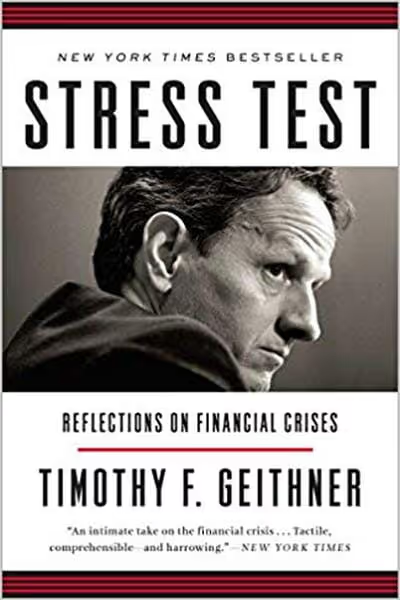The Long March
In The Long March, Roger Kimball, the author of Tenured Radicals, shows how the "cultural revolution" of the 1960s and '70s took hold in America, lodging in our hearts and minds, and affecting our innermost assumptions about what counts as the good life.
Kimball believes that the counterculture transformed high culture as well as our everyday life in terms of attitudes toward self and country, sex and drugs, and manners and morality. Believing that this dramatic change "cannot be understood apart from the seductive personalities who articulated its goals," he intersperses his argument with incisive portraits of the life and thought of Allen Ginsberg, Norman Mailer, Timothy Leary, Susan Sontag, Eldridge Cleaver and other "cultural revolutionaries" who made their mark.
For all that has been written about the counterculture, until now there has not been a chronicle of how this revolutionary movement succeeded and how its ideas helped provoke today's "culture wars." The Long March fills this gap with a compelling and well-informed narrative that is sure to provoke discussion and debate.
As with most revolutions, the counterculture's call for total freedom quickly turned into a demand for total control. The phenomenon of 'political correctness', with its speech codes and other efforts to enforce ideological conformity, was one predictable result of this transformation. What began at the University of California at Berkeley with the Free Speech Movement (called by some the 'Filthy Speech Movement'} soon degenerated into an effort to abridge freedom by dictating what could and could not be said about any number of politically sensitive issues.






















































